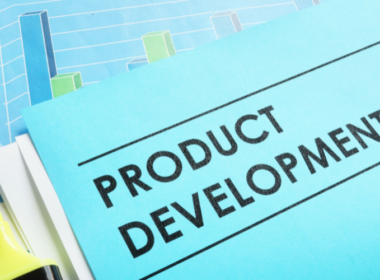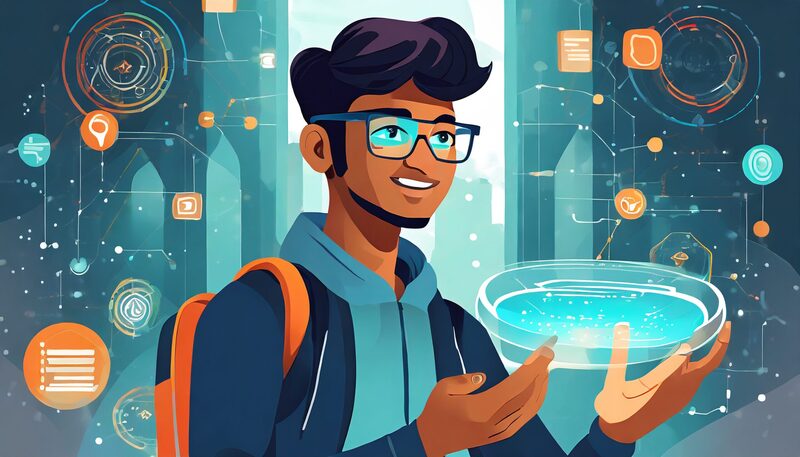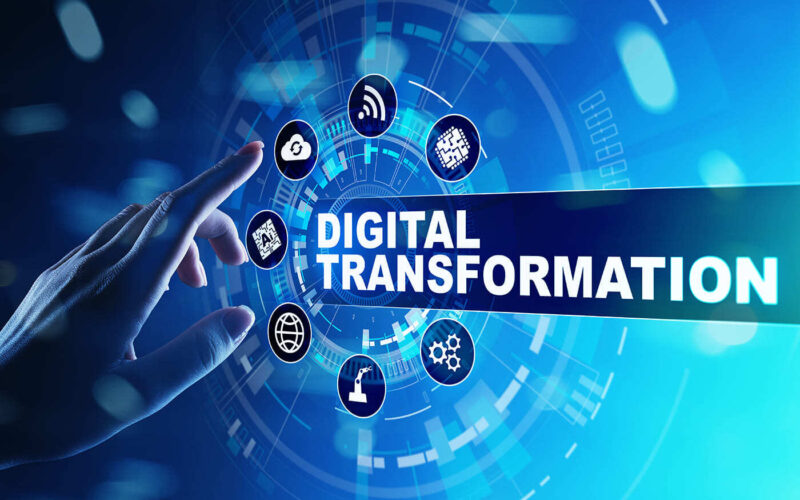In this digital age, education has undergone a profound transformation, providing students with unprecedented access to knowledge. Today, even the youngest learners, aged 8 to 15, use the power of smartphones and educational apps to dive into their academic projects. The vast realm of the internet offers a treasure trove of digital books, audiobooks, and videos, all readily available to help students grasp intricate concepts.
In higher education, the pursuit of knowledge takes on a dynamic form. University students, hungry for comprehensive understanding, explore blogs, email their queries to professors, and engage in live video conferences for enlightening discussions. Collaboration among students is seamlessly facilitated through an array of cutting-edge tools. Platforms like wikis and Google Docs provide shared spaces for exchanging ideas, while audio-visual aids and the prowess of Artificial Intelligence (AI) further enhance the learning experience.
Across classrooms in the USA, a metamorphosis is evident. Traditional chalkboards have given way to interactive, technology-driven teaching methodologies. Students are no longer just consumers of knowledge; they are active participants, encouraged to embrace technological marvels that enrich their learning journey. The rise of AI technology is particularly noteworthy, empowering students to employ various AI tools for their assignments. These tools encompass Natural Language Processing (NLP), machine learning algorithms, and innovative programs like ChatGPT and AI Text Generation (AITG). With these resources at their fingertips, students can delve deep into their subjects, crafting original content based on their unique requirements. The classroom of today is a vibrant ecosystem where technology seamlessly intertwines with education, paving the way for a future where learning knows no bounds.
The Evolution of Education Technology
Historically, education technology has aimed to enhance traditional teaching methods. However, with the advent of AI and ML, the paradigm has shifted. These technologies have transcended the boundaries of traditional classrooms, enabling personalized, adaptive, and engaging learning experiences.
Personalized Learning Paths
AI-driven algorithms analyze vast datasets to discern individual learning styles and preferences. This data-driven insight paves the way for educational platforms like Khan Academy and Duolingo to transform education into a personalized journey. Students no longer navigate a one-size-fits-all educational landscape; instead, their learning paths are meticulously tailored, addressing their unique strengths and weaknesses.
Source: Khan Academy
Predictive Analytics for Student Success
The power of machine learning models comes to the fore in predicting student performance and identifying those at risk. Take, for instance, Georgia State University, where an AI system fueled a 30% increase in student retention rates through timely interventions and support mechanisms. These predictive analytics are the bedrock of a future where no student is left behind.
The Role of Machine Learning Apps
Machine learning apps are at the forefront of this revolution, providing innovative solutions to age-old educational challenges.
Natural Language Processing (NLP) in Language Learning
Apps like Rosetta Stone leverage NLP algorithms to enhance language acquisition. Through speech recognition and interactive exercises, students receive real-time feedback, fostering a more immersive learning experience.
# Sample Python Code for Basic NLP in Language Learning App
import nltk
def analyze_text(text):
words = nltk.word_tokenize(text)
pos_tags = nltk.pos_tag(words)
return pos_tags
text = "Machine learning apps are transforming education."
print(analyze_text(text))
Computer Vision in STEM Education
In subjects like biology and chemistry, complex concepts can be visualized through ML-powered apps. Labster, for instance, offers virtual labs where students can conduct experiments, fostering a deeper understanding of scientific principles.
# Sample Python Code for Image Recognition in STEM App
import cv2
def identify_objects(image_path):
image = cv2.imread(image_path)
gray_image = cv2.cvtColor(image, cv2.COLOR_BGR2GRAY)
# Implement object detection algorithm (e.g., using Haar cascades or deep learning models)
# ...
return detected_objects
image_path = "biology_experiment.jpg"
print(identify_objects(image_path))
Intelligent Content Creation
AI-driven content creation tools like Quillionz and Articoolo generate educational materials by understanding context and generating relevant questions or articles. This streamlines the content creation process for educators, allowing them to focus on teaching.
Architecting Personalized Moment Learning, using GraphDB: A Sneak Peek
Imagine, a student on an adventure trip, trekking a mountain – wearing a pair of augmented reality glasses that are connected to a Knowledge Graph. As the student navigates the terrain and moves, they will be able to see a layer of information & insight, about the places, people & objects they interact with – in realtime. For example: When they’re in a valley – they can learn about the crop cultivation in the area, the indigenous tribes of the area, the local people and communities, and the natural resources, and at the same time also learn about what other students & trekking groups are exploring, with the power of a Social Graph (which helps tap into the knowledge of my connections near me, now).
In a classroom setup, Students can learn more about topics taught in the class, explore at their own pace, and also get help from their peers and the professor. These are just a couple of examples of exploiting GraphDB to create personalized moment learning experiences that are tailored to the needs of each learner.
We have written a whitepaper on the use of GraphDB for personalized moment learning. The paper explores how GraphDB can be used to create learner-centric experiences that adapt to the learner’s needs and context in real-time.
One of the key benefits of using GraphDB for personalized moment learning is its ability to model complex relationships between data. This allows us to create a comprehensive knowledge graph that includes the learner’s knowledge, skills, interests, and learning environment. GraphDB also enables developers to build a social graph that connects the learners with their peers and instructors.
Here is a sneak peek into the key benefits of using GraphDB for personalized moment learning:
- Granular personalization: GraphDB allows you to model learner data with unprecedented granularity, including their knowledge, skills, interests, and learning environment. This enables you to deliver personalized learning experiences that are truly relevant and engaging.
- Real-time adaptation: GraphDB’s real-time query capabilities make it possible to adapt the learning experience to the learner’s needs in real-time. This is essential for delivering personalized moment learning, where the learner is presented with the right learning resources at the right time.
- Scalability and performance: GraphDB is highly scalable and performant, making it ideal for handling the large volumes of data and complex queries involved in personalized moment learning.
We were invited to present this paper at IIM Bangalore, one of India’s leading business schools. This recognition is a testament to the originality and significance of our work in the field of personalized moment learning.
Read the full whitepaper to learn more about how GraphDB can be used to deliver personalized moment learning experiences that drive engagement and outcomes.
Real-Life Success Stories: From Theory to Practice
Case Study: Coursera
Coursera, a leading online learning platform, utilizes AI to recommend courses to users based on their preferences and behavior. By employing collaborative filtering algorithms, Coursera significantly boosts user engagement and course completion rates.
Case Study: ScribeSense
ScribeSense, an AI-powered note-taking app, employs Optical Character Recognition (OCR) and NLP to convert handwritten notes into digital text. This aids students with different learning preferences, ensuring equal access to educational resources.
Challenges and Future Prospects: Navigating Ethical Frontiers
While AI-powered learning apps have immense potential, challenges such as data privacy, algorithmic bias, and ethical considerations need to be addressed. Striking a balance between innovation and ethical responsibility is crucial for the sustainable growth of AI in education.
The future holds even more exciting prospects, including:
Augmented Reality (AR) and Virtual Reality (VR) Integration
Imagine history lessons where students can virtually visit ancient civilizations or biology classes where they dissect virtual organisms. AR and VR, coupled with ML, will create unparalleled immersive learning experiences.
Blockchain for Academic Credentials
Blockchain technology ensures the authenticity of academic credentials, reducing fraud and providing a secure, immutable record of a student’s achievements. Learning Machine, a pioneer in this field, is already making strides in revolutionizing the way we verify educational qualifications.
Conclusion: A Future Unveiled
The integration of AI and ML in education is not just a transformation; it is a revolution. Boundaries dissolve, barriers crumble, and education becomes a universal right, accessible to every eager mind, regardless of geographical constraints. Machine learning apps are not just tools; they are architects of a future where knowledge is not just power, but a fundamental human right. As technology experts, we are not just witnesses; we are pioneers, shaping an era where education knows no bounds. Embrace the brilliance of AI-powered learning, for in its wake lies a world where the pursuit of knowledge is limitless, and the future is boundless.








